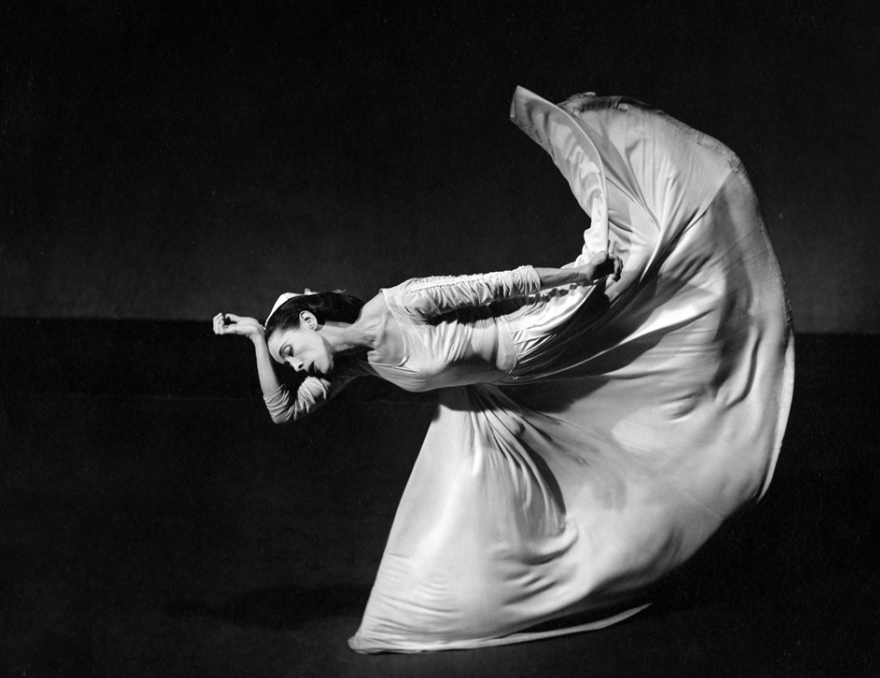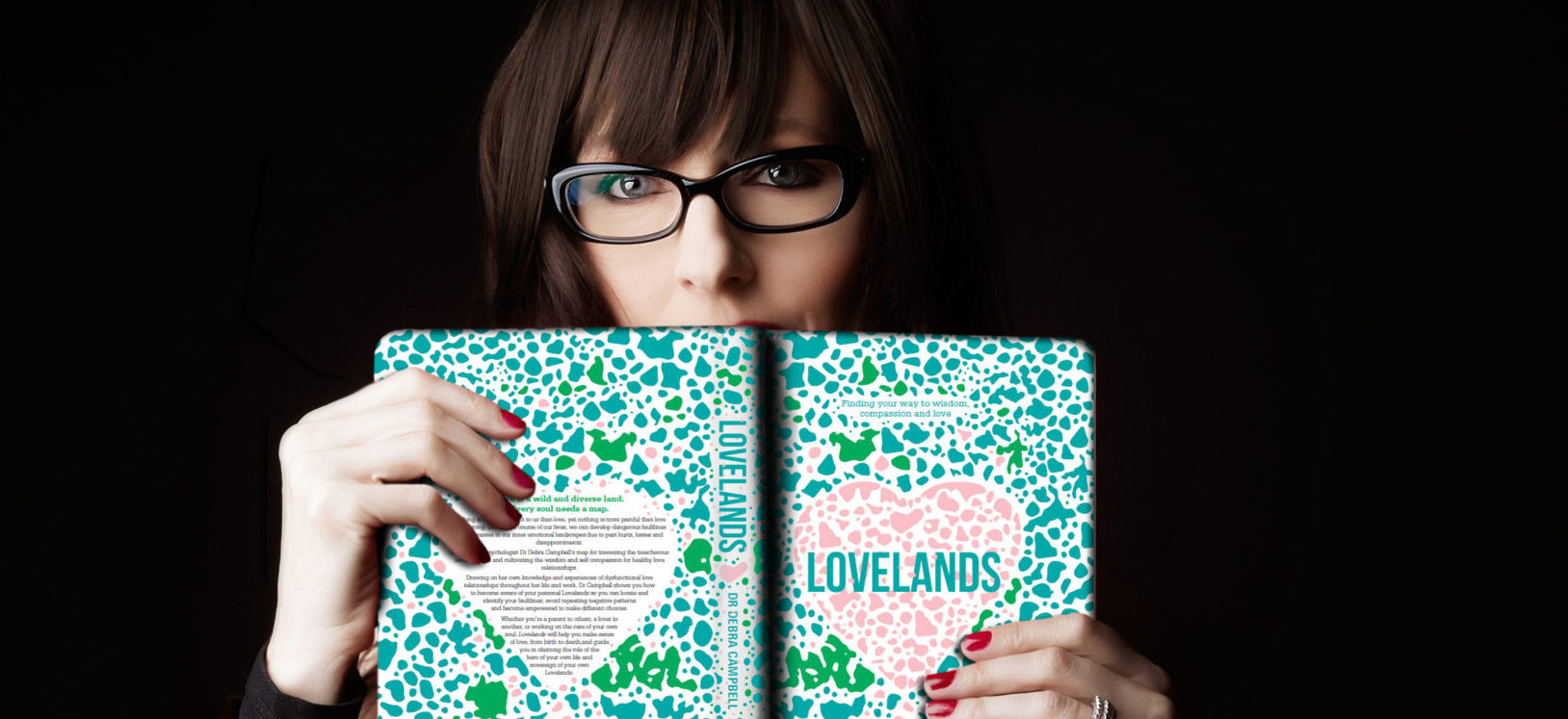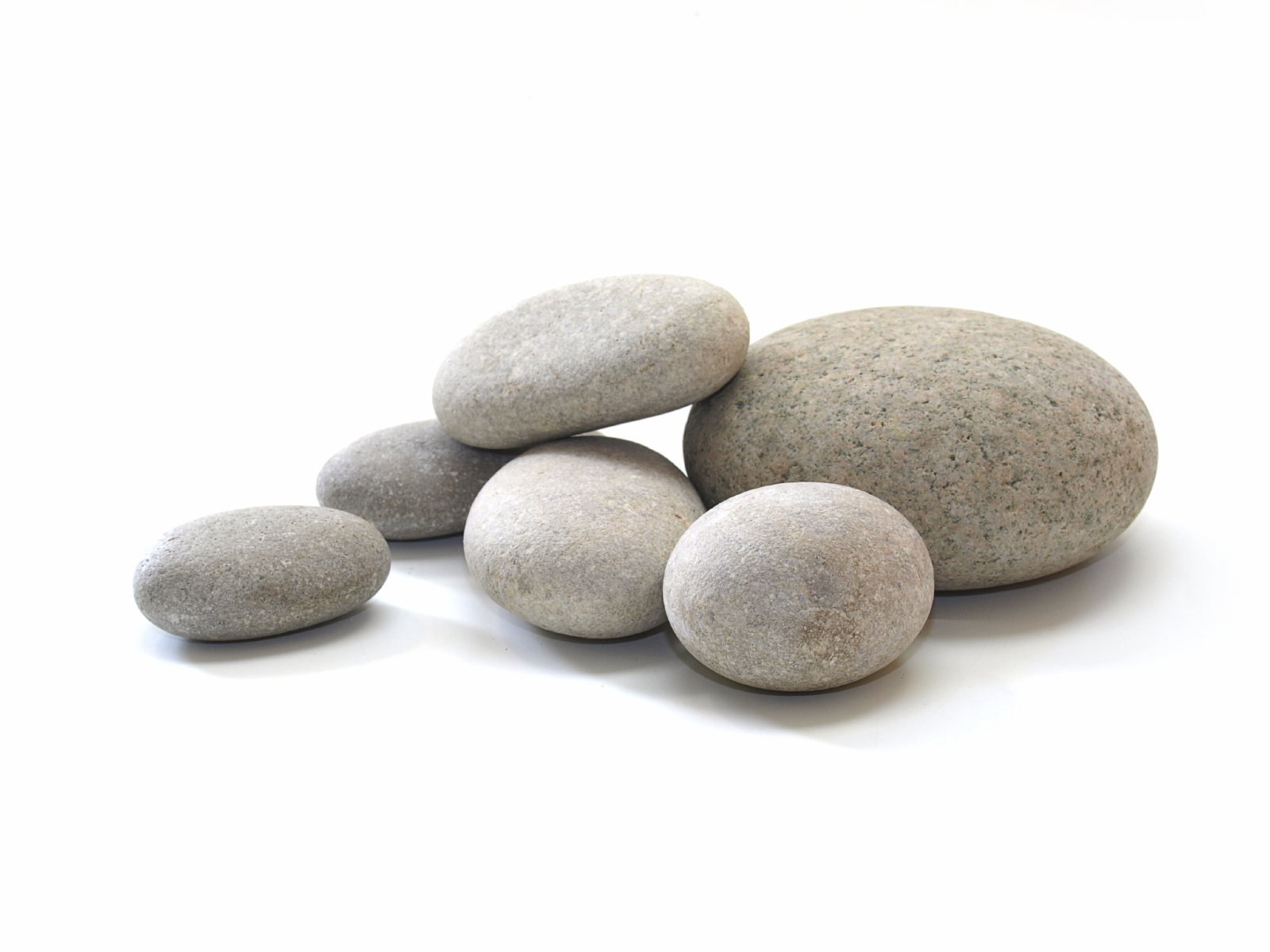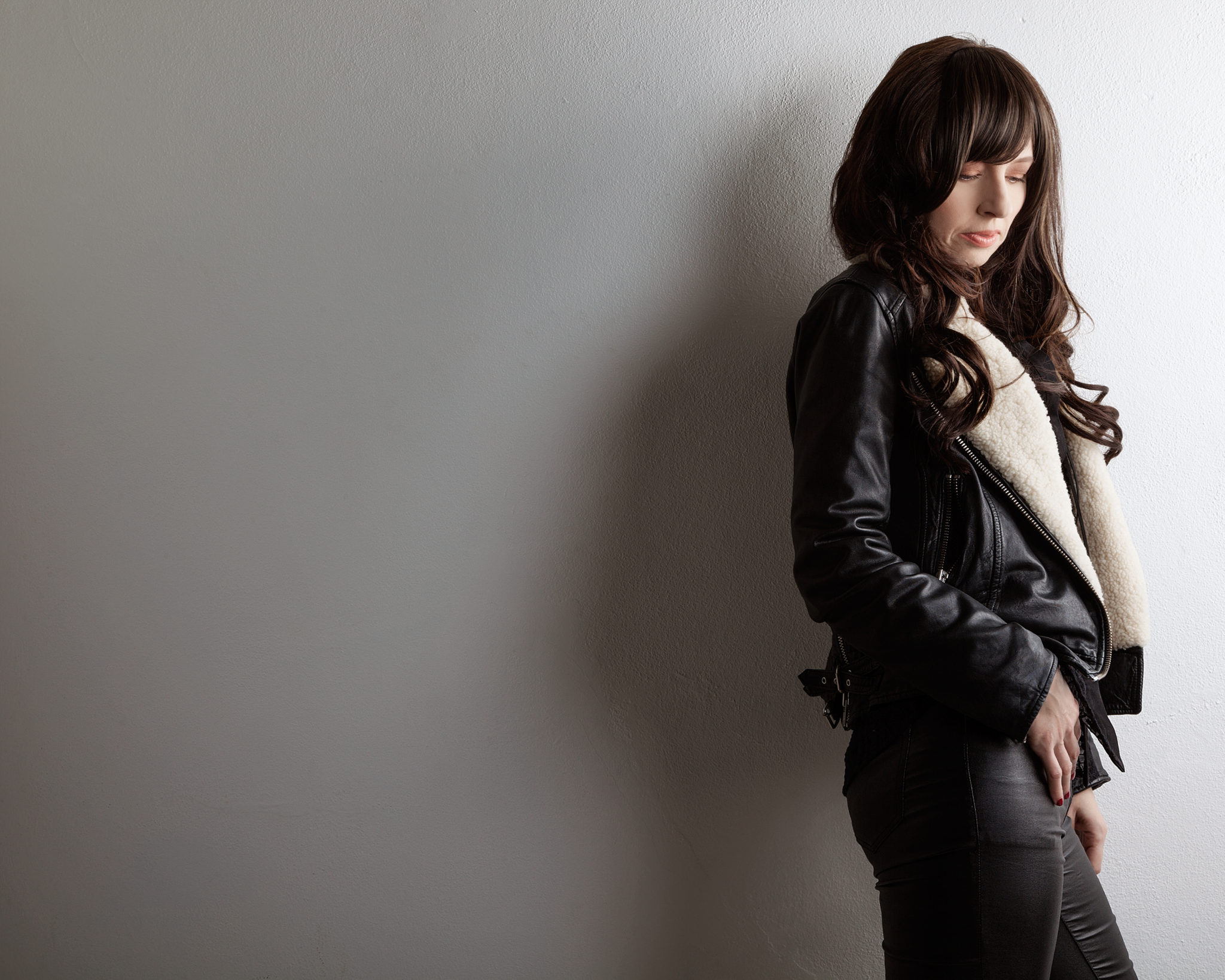So Pete left, and there I was – another failed relationship, another week without an acting job, my bank account dwindling almost as fast as my frail self-esteem. As weeks dragged by, I felt increasingly out of control and I was fast sinking into depression. I was strangely overcome with grief about losing Pete although he had offered me so little.
At least I hadn’t been completely alone even if he was a lousy partner, I thought.
I didn’t recognize the clouded thinking that the descending veil of depression was pulling over my eyes in subtly more opaque layers each day. I was spiraling into a self-fulfilling horror story of my own making: Each self-criticism building upon the last, each little thing that didn’t go right amplified, my small successes simply overlooked by a mind tuned to anger at myself and the injury that caused.
My life felt so messed up at 26 that I wanted a clean one, without the losses and dumb choices, a life where I had a sense of identity I liked, where I had a clue, where I had a Dad to help me recognize dangers before they smashed me. I started to think that being dead couldn’t be all that much worse than continuing the life I had, because it felt devoid of meaning and purpose. It was full of failure, anxiety and depression. I hated myself. I began to realize I might be truly depressed when I noticed how dispassionate I was about the idea of not being alive anymore. It set off alarm bells even in my foggy brain.
I took myself to a random doctor and sat sobbing in shame at the juxtaposition of my ‘potential’ (apparently the “world was my oyster” if only I could work out how to shuck it), and the place I was in. The doctor just looked at me then consulted a list and gave me the names of a couple of therapists. The referral letter he wrote said I was chronically low-level depressed, grieving the loss of a dysfunctional relationship and stalled in my acting career, leading to financial distress.
That summed me up, I thought miserably, every life area in chaos.
I called the therapists’ numbers in the hope that somehow I might be able to find a way to be happier and create a better life if I could make sense of my jumbled insides. I was ‘flying blind’ but the way life was going I didn’t feel like I had much to lose by asking for help. So, I presented myself for “professional help” having no idea what it actually was or how it worked. I didn’t expect what happened next, or how that decision would affect the rest of my life in extraordinary ways. Done right, therapy can alleviate pain and suffering, and even transcends death in its ripple down effects to later generations. Through the work you do on yourself, so many others can also be liberated from dysfunctional family patterns that otherwise would probably have continued unaddressed.
Effective therapy has a number of ingredients, but I learned that it includes one essential core ingredient that is subtle, volatile, tricky to work with, but impossible to work without: Love. Love is the simple and pure elemental energy of life. It’s a sacred form of attention we need from ourselves and others. The right relationship with a therapist can provide the platonic, soulful love that unlocks healing, especially if you’ve been unable to find and experience it in your life previously. It was like water in the desert to me, to feel accepted by another person as I was, flaws and all, without judgment and conditions. My therapist modeled acceptance to me so that I might gradually learn to offer it to myself. Healing began with finding some acceptance of myself and learning to make more self-supporting choices, not only in the world but in the way I spoke to myself in my own mind.
Therapy is not always the way out of depression for every person, but love always is. It may not be the love of another person, although positive supportive relationships where you feel fully accepted are always a great help. You may find a life-sustaining, healing love in discovering a passion of your soul in art, or in experiences of flow in any beloved pursuit in which you can lose your whole self and time melts away. Being in flow, immersed in what you are doing, extending your skills and your passion in your chosen past-time, be it work or beyond, is deeply healing and can help you stumble upon a new feeling of purpose and self-respect. The first key is to begin to listen to the thoughts and feelings in your own mind, to develop mindfulness and self-awareness. That is the fundamental thing that therapy taught me, that you can also do alone, through quiet, non-critical reflection.
Once you realize how you speak to yourself, how you treat yourself in your own mind, you can begin to make more self-supporting choices of words and attitudes. Awareness allows you to open to the possibility of self-compassion, some love for yourself.
Before you put your fingers down your throat, I’m not talking about self-love in a teddies and hearts kind of way. I’m talking about simply ceasing the harsh words, the mean attitude, the denial of ease and joy, and opening to the possibility of a new kindness within you. If you give it a chance, love for others, for yourself, for experiences of flow in your life, will act as the most powerful guide-rope and magnet, to keep drawing you forward from the clouds of depression. Hold on to those loves, even in the darkness. Don’t let go.
Read more in my book Lovelands.





